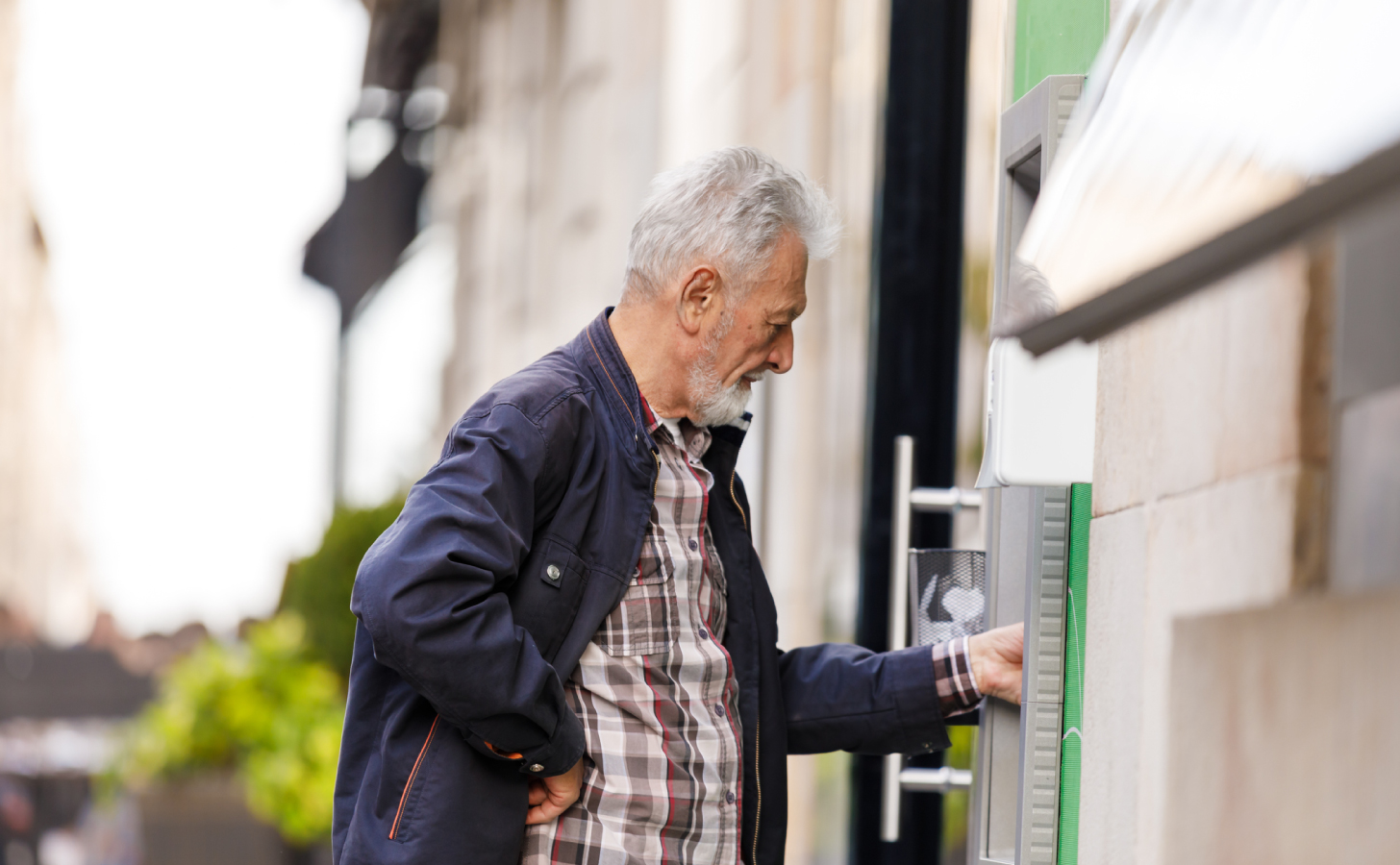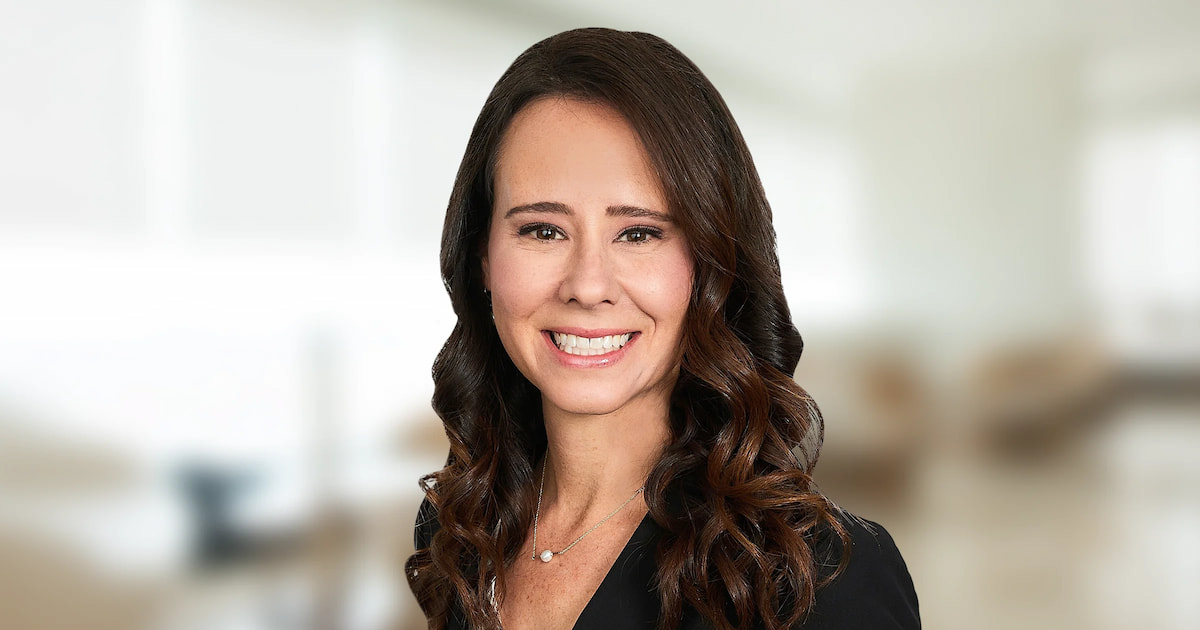Deep thinking, distilled.
Protecting Seniors
How Common is Elder Abuse?
Elder abuse is a common issue affecting many people and their families. Take a proactive approach to prevent abuse and identify these signs.
Read more


Protecting Seniors
5 Tips to Protect Your Bank Accounts from Fraud
You may worry about your bank account being vulnerable to fraud. These safety practices can help prevent your bank account from being hacked.More

Protecting Seniors
Protect Against Financial Scams with 5 Tips
There are safeguards that you can implement to ensure your elderly loved one doesn’t fall for a financial scam. Look at these 5 tips.More

Protecting Seniors
Designate Trusted Contacts to Prevent Financial Abuse
A way to protect yourself against cybercrime and financial scams is to identify people whom you trust for your personal or financial matters.More

Protecting Seniors
How to Recognize Signs of Abuse in a Person with Alzheimer’s
Alzheimer's abuse cases can go unreported because the person isn't able to communicate when something is wrong. Watch for these signs.More

Protecting Seniors
Tech Support Scams: What Not To Do
Scammers know that families rely on tech support. Here are common tech support scams to look out for and educate your loved ones about.More

Protecting Seniors
5 Social Media Scams to Avoid
You don’t have to quit using social media altogether to avoid being scammed. Just be wary and keep your guard up.More

Protecting Seniors
How Adult Kids Can Protect Aging Parents from Scams
Aging parents often need guidance with financial matters and potential scams. Here's what families can do to protect...More

Protecting Seniors
Scam Alert: Fake Calls from FBI or Government Officials
The FBI and Better Business Bureau recently released a warning about a new insidious scam that family members should beware of.More

Protecting Seniors
Gift Cards: A Popular Way for Scammers to Steal Money
It’s essential to understand that if anyone is asking you to buy fake gift cards or pay a debt with a gift card, it’s most likely a scam.More


 Talk to us
Talk to us 










